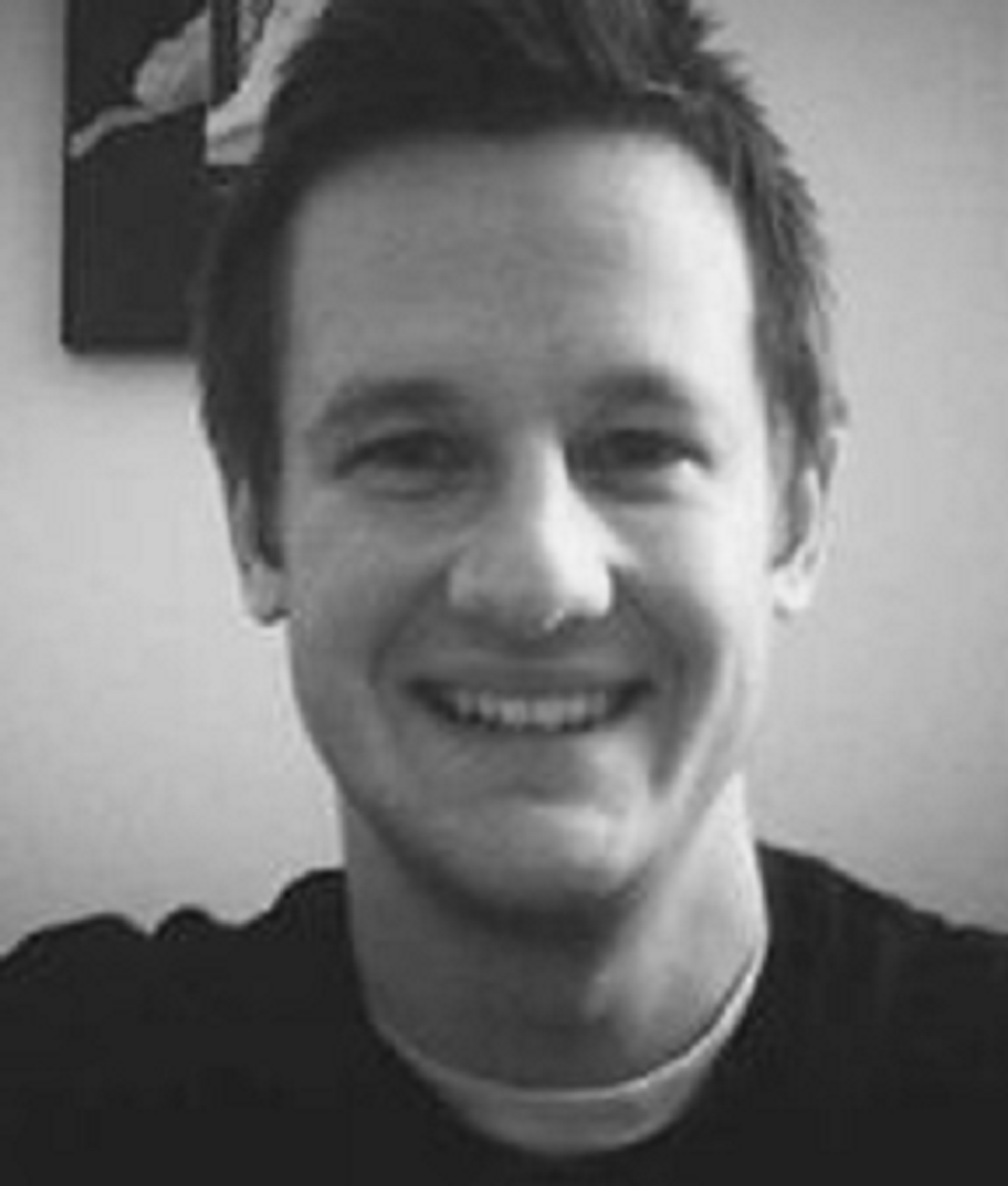I had the pleasure of being a guest on the Real Seekers podcast and discussing / debating miracles with Matthew (atheist) and Dale (Christian) last week. After a quick intro, the episode plays in full.
Let me know what you think!
If the Anchor.fm widget isn’t showing up above, click here to listen.
When I lay out the evidence for the (alleged) miraculous phenomena in the latter half of the episode, I blitz through various case studies, scientific studies, and quotes which I said I would post references too here. That is directly below. Feel free to reach out if you want more specifics on a given quote or study.
Sources:
- Lee Strobel’s Miracles talk (25 minute segment)
- I highly recommend starting with this since it delves into at least three of the sources I discussed. In particular, it includes an interview with Barbara Snyder, who was instantaneously healed from advanced multiple sclerosis, as also attested by her two physicians. It also includes the audio recording of Duane Miller as he is being spontaneously healed of his permanent, severe vocal chord damage. If you have the time, watching everything from the 35 minute mark (it should auto-start there) to the 60 minute mark is very much worth it.
- Miracles by Craig Keener
- The Hinge Podcast (see in particular episode 8 on miracles)
- Contains an interview with Bruce Van Natta, the mechanic I referenced who lost most of his small intestines in an accident and was later healed
- The Case for Miracles by Lee Strobel
- Contains the quotes I read aloud about Barbara Snyder (healed from M.S.) and Duane Miller (healed from irrevocably damaged vocal chords). Both cases are discussed in Strobel’s video linked above as well.
- Scientific studies
- Study of the Therapeutic Effects of Proximal Intercessory Prayer (STEPP) on Auditory and Visual Impairments in Rural Mozambique
- The study mentioned by Strobel in the video above, and the one I mention in relation to healings of deafness and blindness and how it compares (very favorably) to hypnosis studies
- The following is a section from Strobel’s book that references some of the “gold standard” scientific studies that show the effectiveness of prayer, which I briefly mentioned in the podcast. Note that the STEP study mentioned below is not the one linked directly above (which is STEPP), but it is the one I mention in the podcast that skeptics sometimes use to try to disprove the effectiveness of prayer, even though it has a flaw its sample (namely that one of the prayer groups they used for the study belong to a church whose theology explicitly teaches that miracles don’t happen!). The context of the quote is Lee Strobel interviewing Dr. Candy Gunther Brown who conducted and published the linked research above.
- “Let me start by saying that there have been ‘gold standard’ studies before and after STEP that reached the opposite conclusion: that the group receiving prayer had better outcomes,” she said. “Really?” I asked. “Can you give me some examples?” “One of the first widely publicized studies was by Dr. Randolph Byrd, published in 1988 in the peer-reviewed Southern Medical Journal,” she said. “It was a prospective, randomized, double-blinded, controlled study of four hundred subjects. …Patients in the prayer group had less congestive heart failure, fewer cardiac arrests, fewer episodes of pneumonia, were less often intubated and ventilated, and needed less diuretic and antibiotic therapy. …Then a decade or so later, a replication study by Dr. William S. Harris and colleagues was published in the Archives of Internal Medicine.” “Were the results similar?” “This was a ‘gold standard’ study of the effects of intercessory prayer on almost a thousand consecutively admitted coronary patients. Half received prayer; the other half didn’t. And again, the group that received prayer had better outcomes than the control group.” (p. 127)
- Study of the Therapeutic Effects of Proximal Intercessory Prayer (STEPP) on Auditory and Visual Impairments in Rural Mozambique
